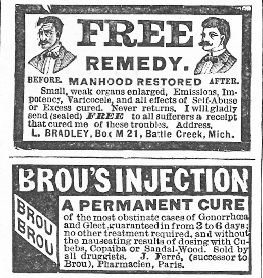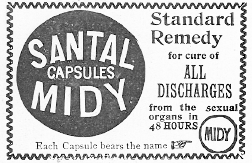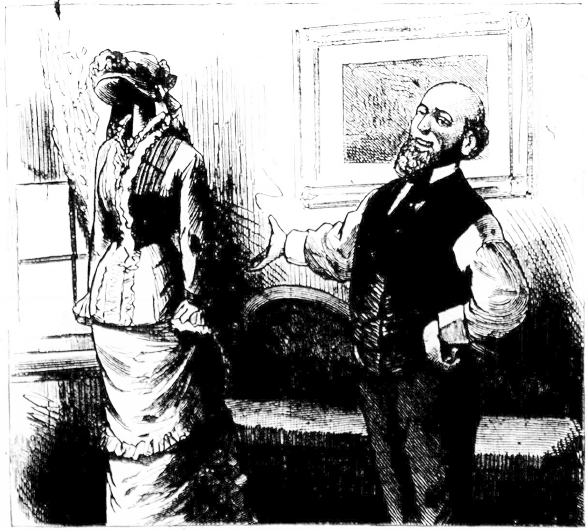

alias: HOGGIE REAL, JOE STEIN
BURGLAR, HOUSE SNEAK
Via Newspapers.comAs I believe I’ve mentioned before, I have a particular fondness for obscure, unimportant, but intriguing little mysteries. One such example appeared in the “London Morning Chronicle,” April 21, 1809:Nevis, Feb. 7, 1809.“Dear Sir,"I beg leave to mention the following circumstances, and leave to your better judgment the propriety of making the same public.-- "About a
More...
Strange Company - 4/17/2024
Included in yesterday’s trip to Fall River was a stop at Miss Lizzie’s Coffee shop and a visit to the cellar to see the scene of the tragic demise of the second Mrs. Lawdwick Borden and two of the three little children in 1848. I have been writing about this sad tale since 2010 and had made a previous trip to the cellar some years ago but was unable to get to the spot where the incident occured to get a clear photograph. The tale of Eliza Borden is a very sad, but not uncommon story of post partum depression with a heartrending end. You feel this as you stand in the dark space behind the chimney where Eliza ended her life with a straight razor after dropping 6 month old Holder and his 3 year old sister Eliza Ann into the cellar cistern. Over the years I have found other similar cases, often involving wells and cisterns, and drownings of children followed by suicides of the mothers. These photos show the chimney, cistern pipe, back wall, dirt and brick floor, original floorboards forming the cellar ceiling and what appears to be an original door. To be in the place where this happened is a sobering experience. My thanks to Joe Pereira for allowing us to see and record the place where this sad occurrence unfolded in 1848. R.I.P. Holder, Eliza and Eliza Ann Borden. Visit our Articles section above for more on this story. The coffee shop has won its suit to retain its name and has plans to expand into the shop next door and extend its menu in the near future.
More...
Lizzie Borden: Warps and Wefts - 2/12/2024
How many ways are there to style a subway entrance sign? In New York City, dozens of designs and typefaces are used across the subway system—often with no rhyme or reason. Take this gold and white sign on William Street. It’s for a side entrance/exit for the Fulton Street station, affixed to a 20th century […]
More...
Ephemeral New York - 4/15/2024
An article I recently wrote for the British online magazine, New Politic, is now available online. The article, “The Criminal Origins of the United States of America,†is about British convict transportation to America, which took place between the years 1718 and 1775, and is the subject of my book, Bound with an Iron Chain: […]
More...
Early American Crime - 12/17/2021
Samuel Smith and his wife Emma appeared to the world as a happy and affectionate young couple. She was pretty and vivacious with a dazzling wardrobe, and he was energetic with a winning personality. But beneath the surface was a hidden turmoil that did not come to light until Emma was found dead in their apartment, her head blown apart by a shotgun blast, and Samuel nowhere to be found.Read
More...
Murder By Gaslight - 4/13/2024
CHIEF OF CONSThe Morning Times(Cripple Creek, Colorado)February 15, 1896Courtesy of Mitch Morrissey
ig Ed Burns robs a dying man?
Mitch Morrissey, a Facebook friend and historian for the Denver District Attorney’s Office, found and published an interesting newspaper piece on "Big Ed" Burns, one of the most notorious characters in the West. Burns was a confidence man and
More...
Soapy Smith's Soap Box - 4/2/2024
Youth With Executioner by Nuremberg native Albrecht Dürer … although it’s dated to 1493, which was during a period of several years when Dürer worked abroad. November 13 [1617]. Burnt alive here a miller of Manberna, who however was lately … Continue reading
More...













